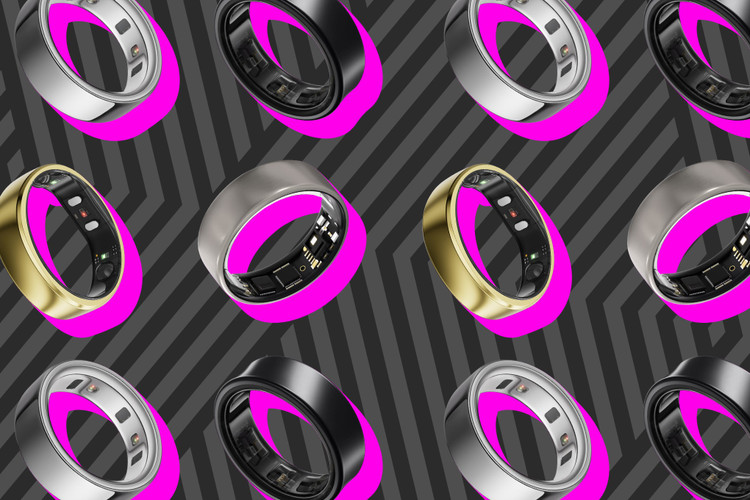
Picking the best ring right now is incredibly easy. The “bad” news is that, in terms of reliability, your options are somewhat limited, as this is still an emerging gadget category. Smart rings are in the midst of a renaissance, which means there are plenty of experimental ideas and new tech brands you may not have heard of.
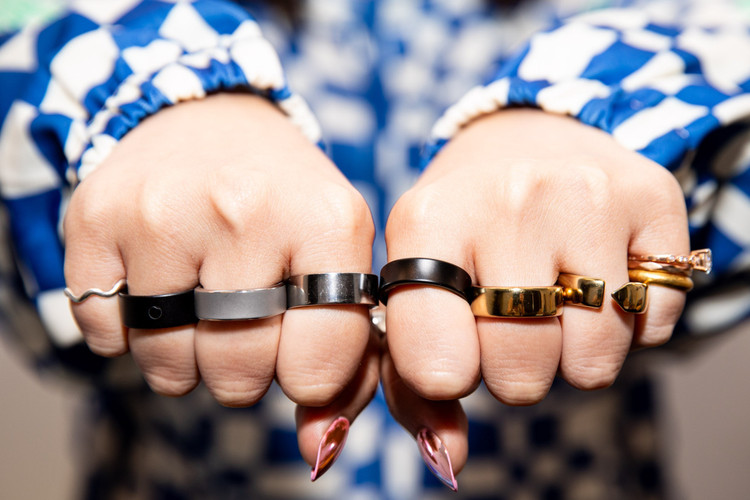
There’s already enough competition out there that I spent most of last summer wearing six rings like a high-tech mafia boss. While these aren’t necessarily bad products (some are quite good), many aren’t as polished as what you’d find in more mature categories like smartwatches, headphones, and smartphones.
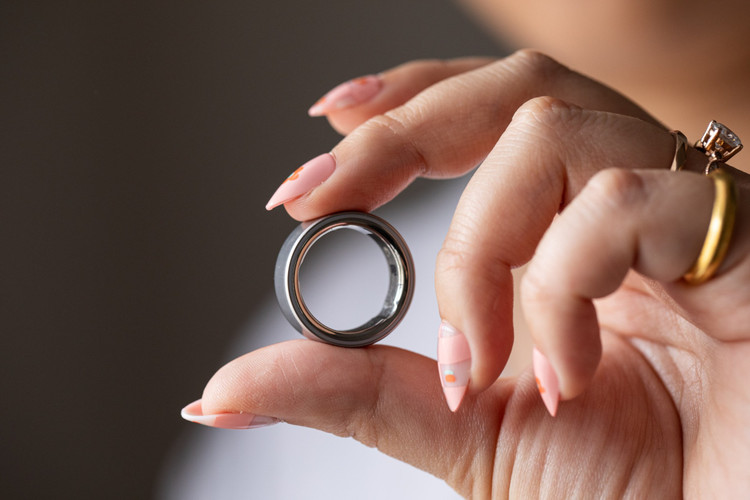
The best smart ring for most people. Unsurprisingly, it’s the Oura Ring 4. Even Oura’s $6 monthly fee can feel like $100 when you consider the sheer number of apps, gadgets, and services that take up a chunk of your monthly paycheck. But Oura is still the best in terms of hardware, size range, features offered, apps, dedication to research, and experience in the field.

The $400 Samsung Galaxy Ring has good hardware. Its charging case is more elegant than the Oura Ring, and I like the slightly concave design for more comfort. It also has the second-widest size range. If you've already used up a Samsung Galaxy Watch 7 or Ultra, you'll get the added benefit of extended battery life. If you have the latest Galaxy Z Flip 6 or Z Fold 6, Samsung also has gesture controls for the ring so you can control the camera.
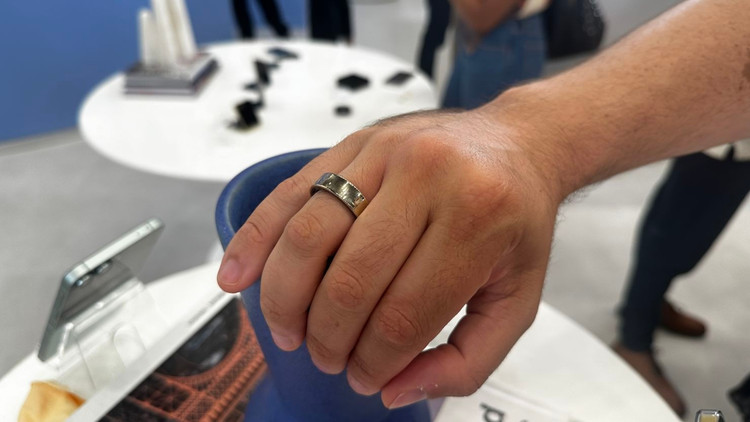
Samsung has a lot of interesting ecosystem-focused ideas in mind for the Galaxy Ring, but despite there being no subscription, you'll have to pay a pretty penny to unlock the ring's full potential.
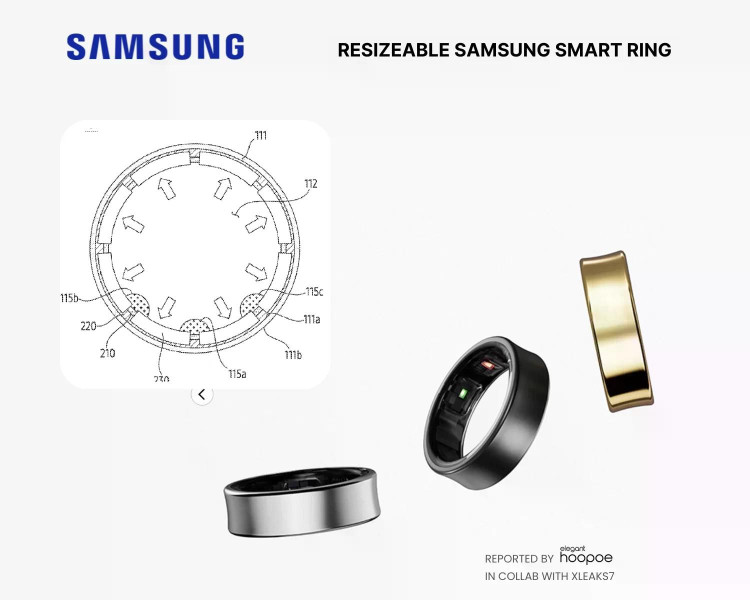
Without discounts, we’re talking about prices ranging from $1,800 to nearly $3,000 for the phone, watch, and ring. The Galaxy Ring is also a first-generation device with some first-generation quirks. Samsung is still catching up with sleep tracking accuracy, and its Galaxy AI-powered health features are pretty hit or miss.
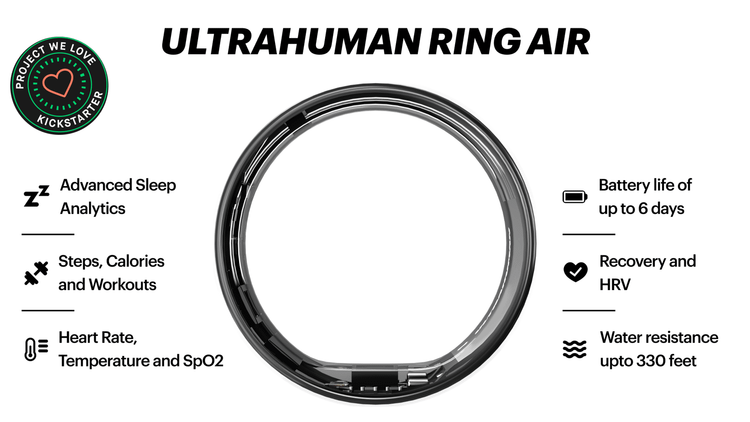
Next up is the $350 Ultrahuman Ring Air , which competed head-to-head in a test of six smart rings at once by The Verge experts last year. Its app focuses more on fitness than health.
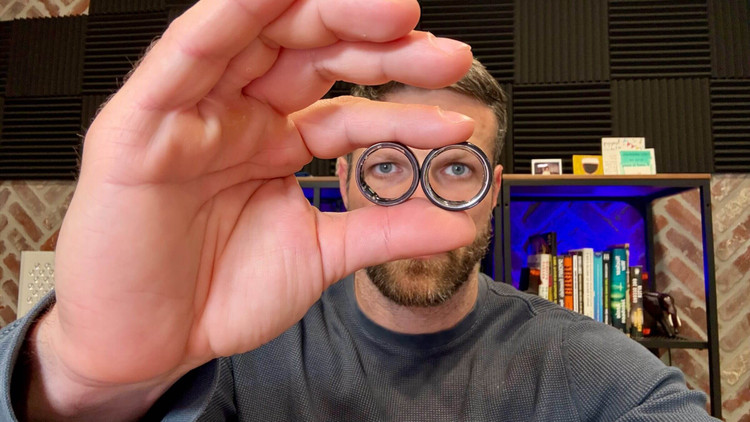
Instead of a subscription, it’s just wear and use. You can consider subscription-based features as add-ons. Apps like smart alarms and cycle tracking are free. Features like planned atrial fibrillation detection and heart fitness metrics cost $2.90 a month.
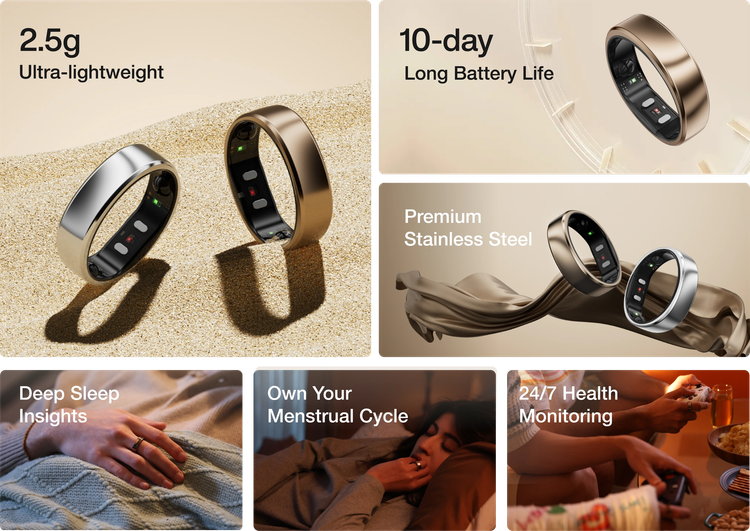
Finally, there’s the RingConn Gen 2 Air, a slimmer, lower-end version of the Gen 2 Ring. At $200, it’s the most affordable smart ring in our review, but it looks and feels much nicer than the original RingConn. It eliminates the RingConn’s square shape issue, but this time it’s much less noticeable and more comfortable.
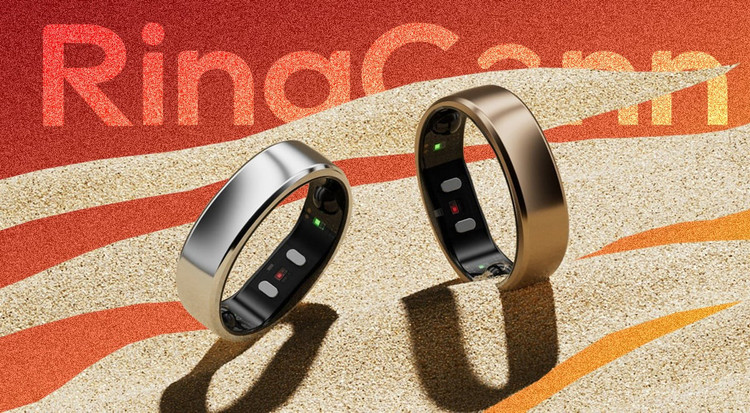
The RingConn Gen 2 Air is highly accurate and uses a strong AI app, with average effects. It has excellent battery life, lasting about eight to nine days on a single charge, which is much better than any other smart ring we've tested.
Source: https://khoahocdoisong.vn/chuyen-gia-mach-nuoc-nhung-chiec-smart-ring-dang-mua-post1547253.html


![[Photo] President Luong Cuong receives President of the Senate of the Czech Republic Milos Vystrcil](/_next/image?url=https%3A%2F%2Fvphoto.vietnam.vn%2Fthumb%2F1200x675%2Fvietnam%2Fresource%2FIMAGE%2F2025%2F11%2F20%2F1763629737266_ndo_br_1-jpg.webp&w=3840&q=75)



![[Photo] Lam Dong: Panoramic view of Lien Khuong waterfall rolling like never before](/_next/image?url=https%3A%2F%2Fvphoto.vietnam.vn%2Fthumb%2F1200x675%2Fvietnam%2Fresource%2FIMAGE%2F2025%2F11%2F20%2F1763633331783_lk7-jpg.webp&w=3840&q=75)
![[Photo] National Assembly Chairman Tran Thanh Man holds talks with South Korean National Assembly Chairman Woo Won Shik](/_next/image?url=https%3A%2F%2Fvphoto.vietnam.vn%2Fthumb%2F1200x675%2Fvietnam%2Fresource%2FIMAGE%2F2025%2F11%2F20%2F1763629724919_hq-5175-jpg.webp&w=3840&q=75)









































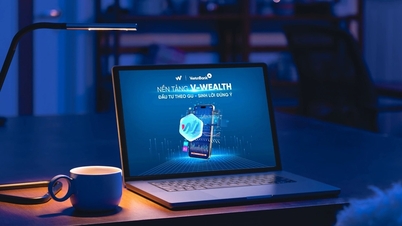





















































Comment (0)